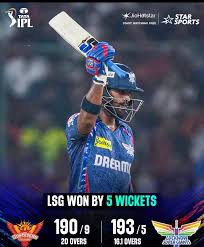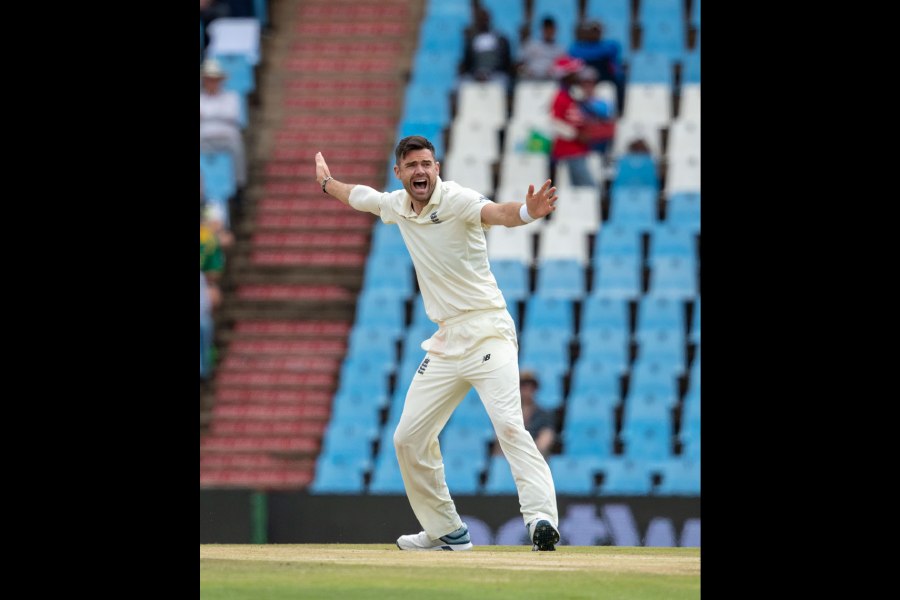'Rape is rape', Karnataka High Court refuses to drop rape charges against 'husband'
Single judge bench Justice M Nagaprasanna ruled that the “age-old…regressive” thought that “husbands are the rulers of their wives, their body, mind and soul should be effaced,” the court said.

Bengaluru: Karnataka High Court has refused to drop rape charges framed by a trial court against a man for his wife’s sexual assault, ruling that the marriage doesn’t confer any special male privilege or a license for unleashing a “brutal beast” on the wife.
Court has observed that “A man is a man; an act is an act; rape is a rape, be it performed by a man the ‘husband’ on the woman ‘wife’,”
Single judge bench Justice M Nagaprasanna ruled that the “age-old…regressive” thought that “husbands are the rulers of their wives, their body, mind and soul should be effaced,” the court said.
“Institution of marriage does not confer, cannot confer and in my considered view, should not be construed to confer, any special male privilege or a license for unleashing of a brutal beast. If it is punishable to a man, it should be punishable to a man albeit, the man being a husband,”, the single judge bench observed.
IPC Section 375 that defines rape carries a crucial exemption: “Sexual intercourse or sexual acts by a man with his own wife, the wife not being under eighteen years of age, is not rape.”
In 2018, a similar case was brought before the Gujarat High Court in which a married man sought quashing of the rape case against him filed by his wife. Although the HC quashed the FIR to remove the rape charges, it gave lengthy reasoning on the need to criminalize marital rape, the New Indian Express reported.
While the court did not explicitly strike down the marital rape exception, it forced the married man to face trial for rape charges brought by his wife. The husband had moved to the High Court after a trial court took cognizance of the offense under Section 376 (rape).
The “institution of marriage does not confer, cannot confer and in my considered view, should not be construed to confer, any special male privilege or a license for unleashing of a brutal beast. If it is punishable to a man, it should be punishable to a man albeit, the man being a husband,” a single judge said.
“A brutal act of sexual assault on the wife, against her consent, albeit by the husband, cannot but be termed to be a rape. Such sexual assault by a husband on his wife will have grave consequences on the mental sheet of the wife, it has both psychological and physiological impact on her. Such acts of husbands scar the soul of the wives. It is, therefore, imperative for the lawmakers to now hear the voices of silence,” the court said.
“In my considered view, such an argument cannot be countenanced. A man is a man; an act is an act; rape is a rape, be it performed by a man the “husband” on the woman “wife”,” the bench pointed out.
In March 2017, the woman accused her husband of sodomy, aggravated sexual harassment assault of her 9-year-old daughter, domestic violence, causing hurt. On completing their investigation, the police added section 376 of IPC which relates to punishment for rape, and sections 5 (m) and (l) and section 6 of the Protection of Children from Sexual Offences Act, which relate to repeated penetrative sexual assault.
Following investigations of a complaint of rape, unnatural sex, and marital violence brought against the man by his wife, the police had filed a chargesheet against the man under Indian Penal Code sections for rape, dowry harassment, assault of a woman (IPC 376, 498A, 354) and under the POCSO Act for sexual offences against a child. The police dropped charges of unnatural sex (IPC 377).
The trial court eventually framed charges for rape, cruelty by husband and criminal intimidation, prompting the man to appeal against the subordinate court’s decision.
Justice Nagaprasanna refused the man’s plea to drop the rape charges on the ground that section 375 does not criminalise sex between a man and his wife, even if it is forced.

















